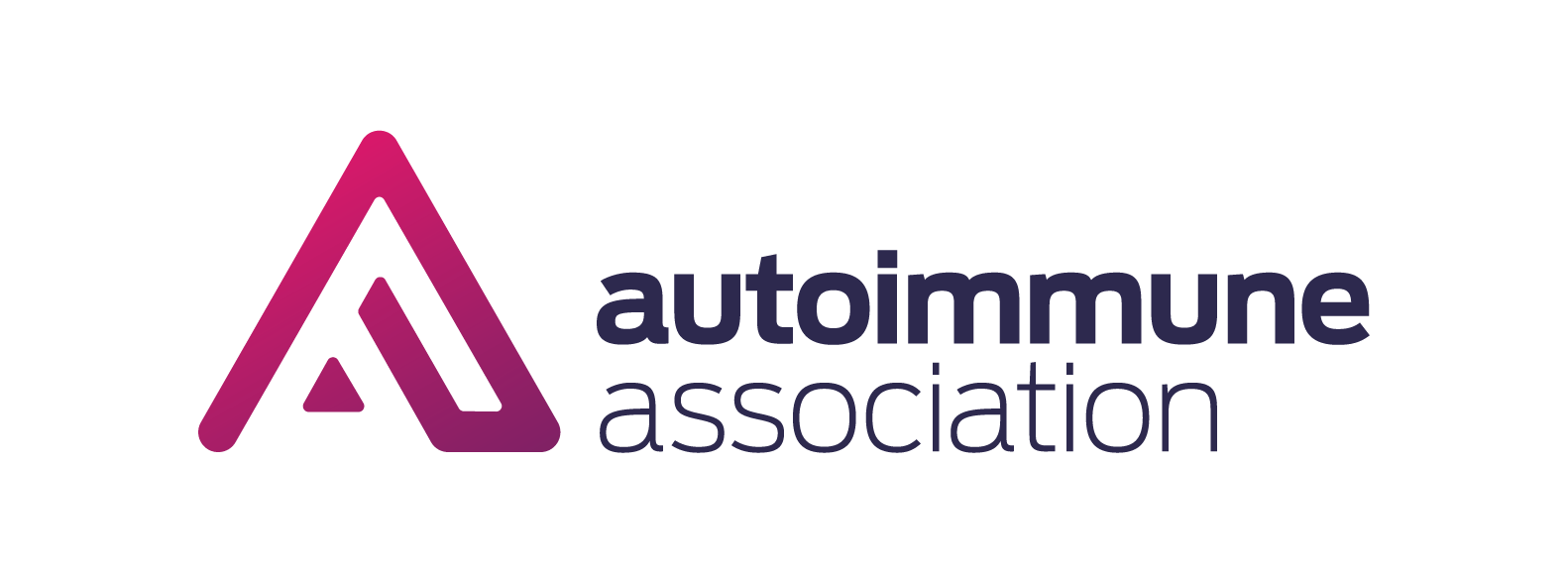Newswise — A recent study of 20 people suffering from lupus nephritis, a severe kidney disorder, who were all high risk cases for kidney failure, were given the cancer drug Rituxan. Of these patients, 60 percent showed significant signs of improvement. If this study can be replicated in larger numbers, it could translate into an FDA approval of Rituxan for lupus patients. If so, it would break a 50-year record of no new drugs having been approved by the U.S. Food and Health Administration specifically for lupus.
"This is very welcome news to the 40 percent of lupus patients who are suffering with kidney involvement in their battle with systemic lupus erythematosus (SLE), an autoimmune disease, and who until now had very little hope of a breakthrough for lupus nephritis," says Virginia T. Ladd, President and Executive Director of the American Autoimmune Related Diseases Association (AARDA). The most recent promising drug for lupus nephritis, Riquent, failed to get FDA approval.
Lupus nephritis is an inflammation of the kidney caused by systemic lupus erythematosus. Lupus causes a myriad of problems for sufferers, including muscle pain, extreme fatigue, and inflammation of the joints, skin, major organs and central nervous system. Autoimmune diseases are caused when the immune system which is meant to protect one's self from viruses, bacteria and other foreign invaders goes awry and targets an individual's own cells and tissues.
The study, led by Fadi Fakhouri, of Imperial College London, and colleagues, used Rituxan to target hyperactive B cells in the immune system. According to researchers, it is hyperactive B cells which help to cause kidney inflammation in people with lupus. The study encompassed a 22-month period, at the end of which 60 percent of the patients were found to show a strong association between depletion of B cells after one month and treatment success.
It is important to note that researchers found that the drug did not have a successful rate of response in people with very low levels of albumin protein in the blood or with patients of African ancestry.
About AARDA
The American Autoimmune Related Diseases Association is dedicated to the eradication of autoimmune diseases and the alleviation of suffering and the socioeconomic impact of autoimmunity through fostering and facilitating collaboration in the areas of education, public awareness, research, and patient services in an effective, ethical and efficient manner.
AARDA is the only national nonprofit health agency dedicated to bringing a national focus to autoimmunity, the major cause of serious chronic diseases. Approximately 50 million Americans, 20 percent of the population or one in five people, suffer from autoimmune diseases. Women are more likely than men to be affected; some estimates say that 75 percent of those affected--some 30 million people--are women. Still, with these statistics, autoimmunity is rarely discussed as a women's health issue.
